TULARÙ
When Miguel and his partner Alessandra Maculan decided to move from Milan to the Rieti area to establish “Tularù”, their main focus was on rebuilding this relationship system. That was also what spurred the couple to leave Milan (where they had moved after living in another large city, Madrid) with their little daughter, Marta, born in 2012. We were working too much, Alessandra (who organised events and concerts, Author’s note), often worked even at night. Marta spent her days in childcare or with the Tagesmutter. Moreover, we weren’t happy with our social life”.
In the meantime, in 2013, Miguel’s maternal grandfather had died, and the farm in Cittaducale where he had lived and worked had remained unattended. That winter, between 2013 and 2014, ice ruptured the water piping, flooding the house, which remained under water for 20 days: the outer walls got mouldy, all furniture had to be thrown away, and the interiors had to be restored. “Alessandra and I started to think about a plan B, and even jokingly outlined a business concept. One night, while I was on tour in Brazil with my theatre company, I saw Fondazione Garrone’s call for proposals for the first ReStartApp residential course”, says Miguel. It was spring 2014. The call for proposals was about to expire. Miguel and Alessandra sent their business project. “We were chosen, and everything got going”, concludes Miguel.
Five years later, all this has resulted in a truly multifunctional business, whose economic soundness is ensured by the wide range of activities carried out at “Tularù”: free range cattle farming, wheat growing, the production of bread and other baked products, the gathering and processing of fruit and wild herbs, catering, the Harvesting Festival in July, the organisation of cultural events including meals and cocktails, summer camps for the younger ones, and accommodation offered in three rooms available for guests.“The processing laboratory/kitchen was our first investment, a vital one because it now allows us to welcome those who choose to come all the way here with a tasty meal, and to introduce them to our products” explains Alessandra.
The processing laboratory/kitchen
“Tularù”’s cuisine is a flywheel for local products, because the guests who dine here end up buying the locally-produced meat and pasta. “After tasting our menu, some of our guests ordered Christmas baskets, or went to the workshop Chitarra Antica di Paola, in the centre of Rieti, to buy pasta made from wheat coming from our supply chain” says Alessandra.
Small-scale catering is strategic for a business like Tularù: “It was crucial to be able to offer something that would “keep” guests here, after they had taken a walk. Initially, we opened a family-run restaurant, but now we are rethinking this format – explains Alessandra – We are isolated, people need to come here on purpose. Our “grassroots” restaurant will be open at lunchtime on Sundays. In addition, we will propose a calendar of events, such as wood-fired oven-cooked pizza plus cinema or a concert, as well as menus with truly unique dishes, prepared using the products of other local companies”.
